ALS Learning Series
Covering a wide range of topics, the ALS Learning Series is designed to empower the ALS community through the latest information and insights from financial planning to respiratory care and more. These educational webinars and interactive Q&As are hosted monthly by the Les Turner ALS Foundation and archived for later viewing below.
Find out about our next webinar below, or browse our complete archive of videos on:
Upcoming Webinar
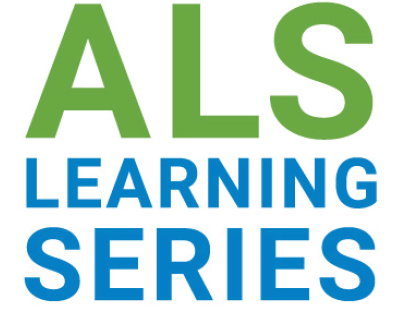
Thursday, August, 29, 12 PM CST
About the Program:
Join us for our August ALS Learning Series on advocating for yourself and effectively communicating with your ALS health team, presented by Dr. Ambereen Mehta and Dr. Suzana Makowski, two leading palliative care ALS experts. This session will provide people living with ALS, their families, and care partners with practical strategies to ensure their voices are heard and their needs are met, fostering a collaborative approach to care.
The Les Turner ALS Foundation is proud to offer this webinar at no cost to the ALS community. Thank you to the Gilbert & Jacqueline Fern Foundation and Mitsubishi Tanabe Pharma America for sponsoring this webinar.
About the Speakers: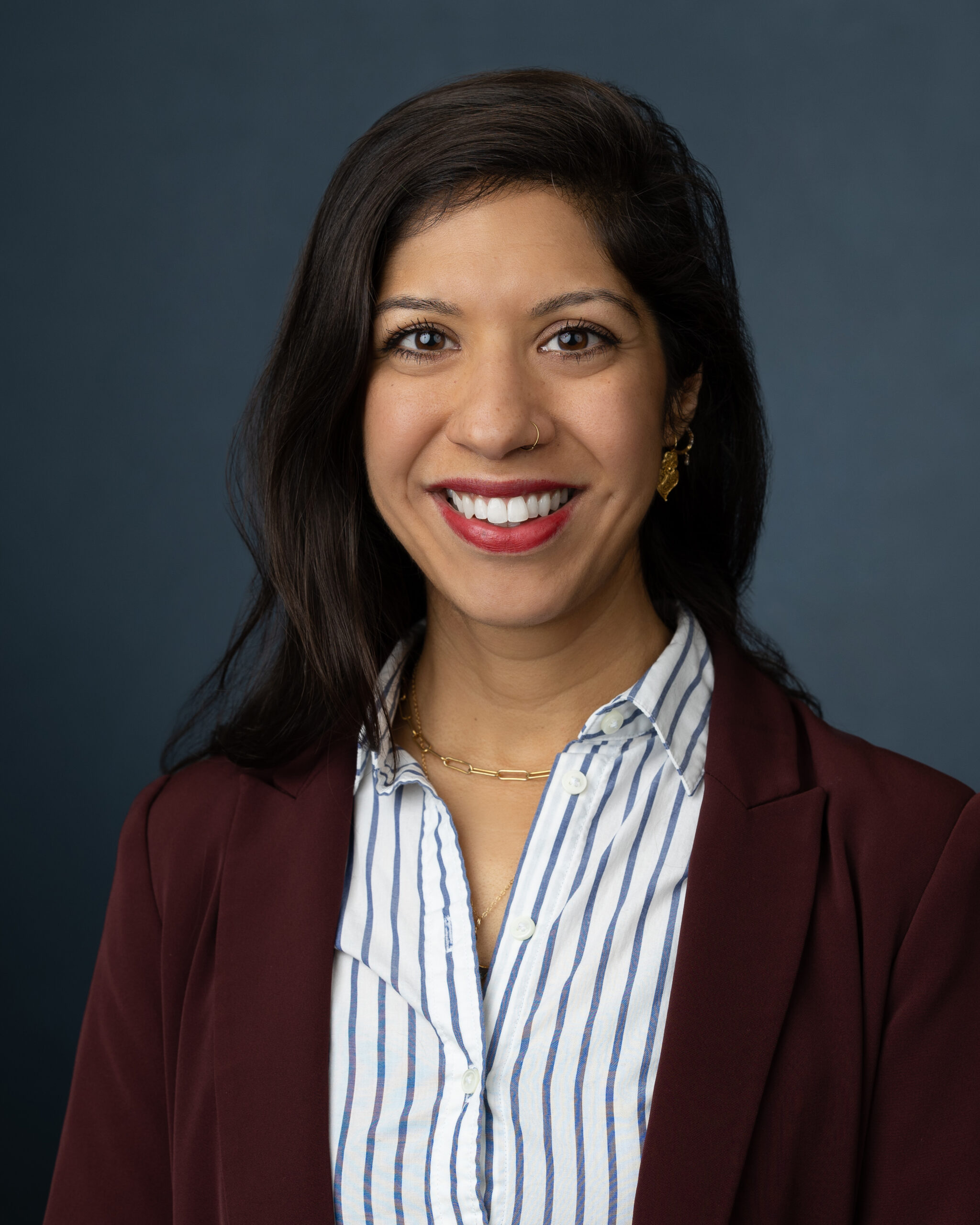
Ambereen Mehta, MD: Ambereen K. Mehta, MD, MPH, FAAHPM is an Associate Professor of Palliative Care in the Departments of Medicine and Neurology at the Johns Hopkins School of Medicine. She graduated from the Internal Medicine residency at the Johns Hopkins Bayview Medical Center and Hospice and Palliative Medicine fellowship at the National Institutes of Health. She is currently part of the palliative care faculty at Johns Hopkins and developed the palliative care program in the Johns Hopkins Center for Specialty ALS Care. Before this, she was an Assistant Professor of Palliative Care at the University of Virginia and Medical Director of the UVA/Hospice of the Piedmont Inpatient Hospice Unit (2016-2018) and University of California, Los Angeles where she developed the ALS palliative care program as part of their multidisciplinary ALS Clinic (2018-2020).
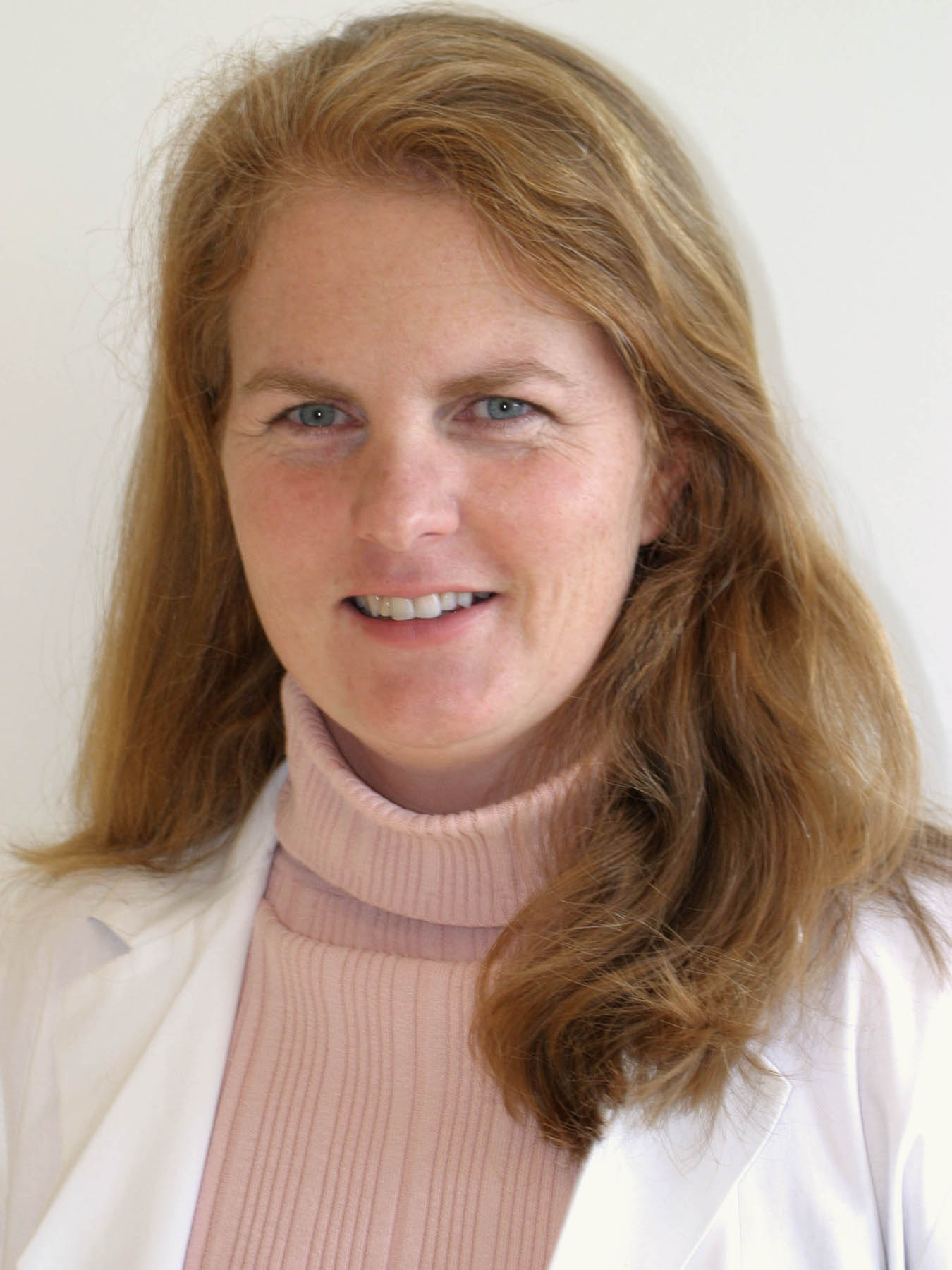 Suzana K. E. Makowski, MD: Dr. Suzana Makowski is currently the medical director of Compassionate Care ALS, a non-profit group that supports patients and families living with ALS throughout the US. She has worked as a palliative care physician in various academic and community settings: as Chief of Palliative Medicine at both Unity Hospital, Exeter Hospital in New Hampshire, co-chief of Palliative Care at UMass Medical Center and Chan School of Medicine, where she still holds a voluntary Associate Professor of Medicine role, teaching and mentoring students, and as Hospice Medical Director at Hospice and Palliative Care of Cape Cod. She has served on various committees, including on the Board of the New Hampshire Home Care and Hospice Association, End of Life Counsel to the Massachusetts Department of Public Health, and Quality Committee of AAHPM. She completed her fellowship in Palliative Care at San Diego Hospice and Palliative Care, and Integrative Medicine at University of Michigan, Internal Medicine residency at Baystate Medical Center, and medical school at University of Rochester.
Suzana K. E. Makowski, MD: Dr. Suzana Makowski is currently the medical director of Compassionate Care ALS, a non-profit group that supports patients and families living with ALS throughout the US. She has worked as a palliative care physician in various academic and community settings: as Chief of Palliative Medicine at both Unity Hospital, Exeter Hospital in New Hampshire, co-chief of Palliative Care at UMass Medical Center and Chan School of Medicine, where she still holds a voluntary Associate Professor of Medicine role, teaching and mentoring students, and as Hospice Medical Director at Hospice and Palliative Care of Cape Cod. She has served on various committees, including on the Board of the New Hampshire Home Care and Hospice Association, End of Life Counsel to the Massachusetts Department of Public Health, and Quality Committee of AAHPM. She completed her fellowship in Palliative Care at San Diego Hospice and Palliative Care, and Integrative Medicine at University of Michigan, Internal Medicine residency at Baystate Medical Center, and medical school at University of Rochester.
ALS Learning Series Sponsors
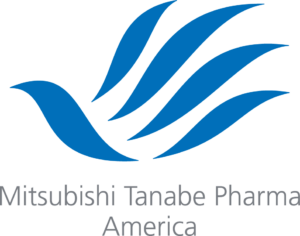
Previous ALS Learning Series Webinars
ALS & Patient Care
September 14, 2023
May 20, 2021
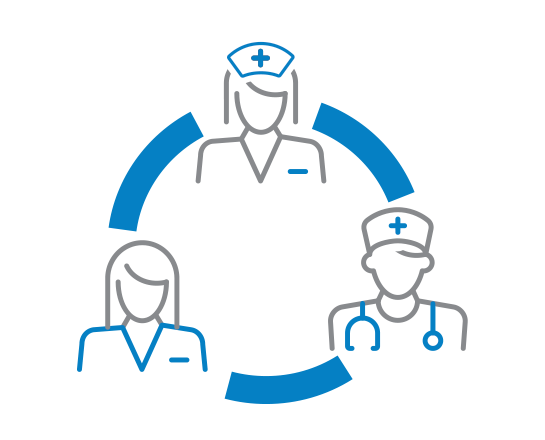
Living with ALS
April 28, 2022
April 15, 2024
ALS & Family
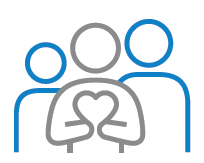
ALS & Genetics
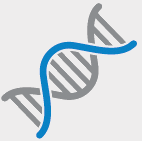
ALS & Research
October 26, 2023
July 25, 2024

